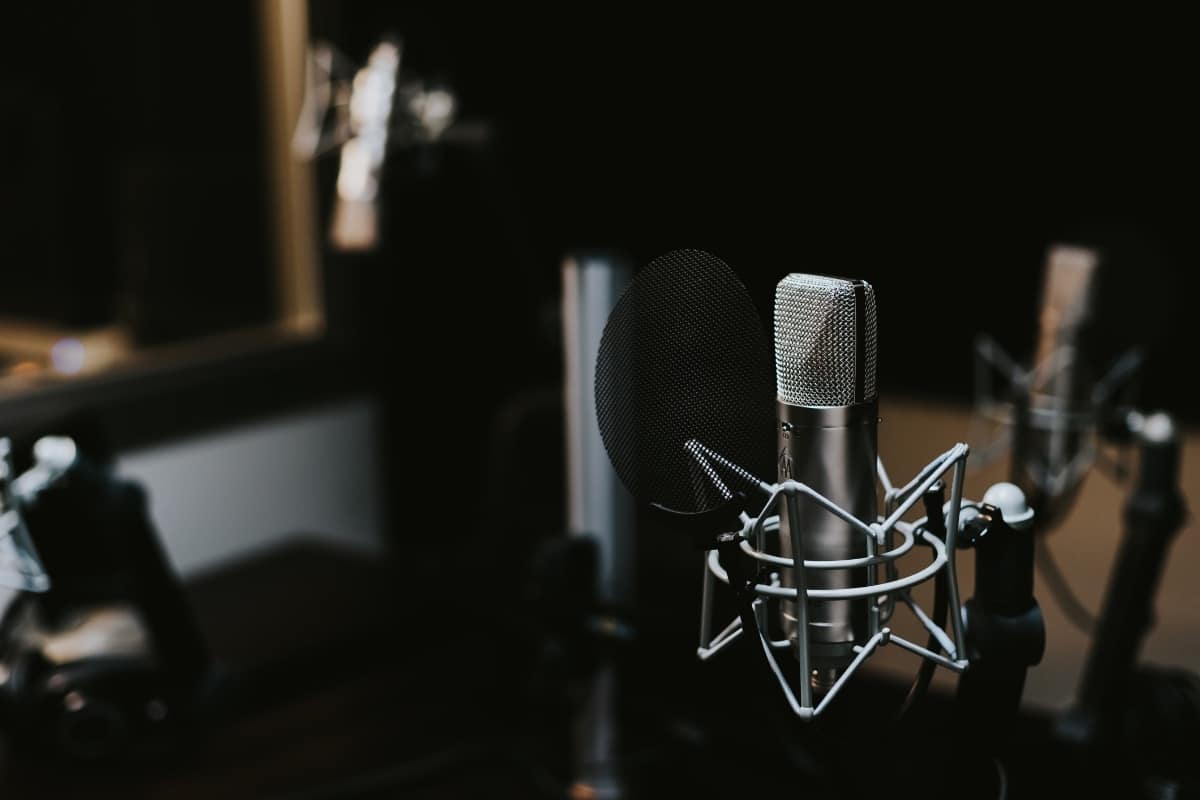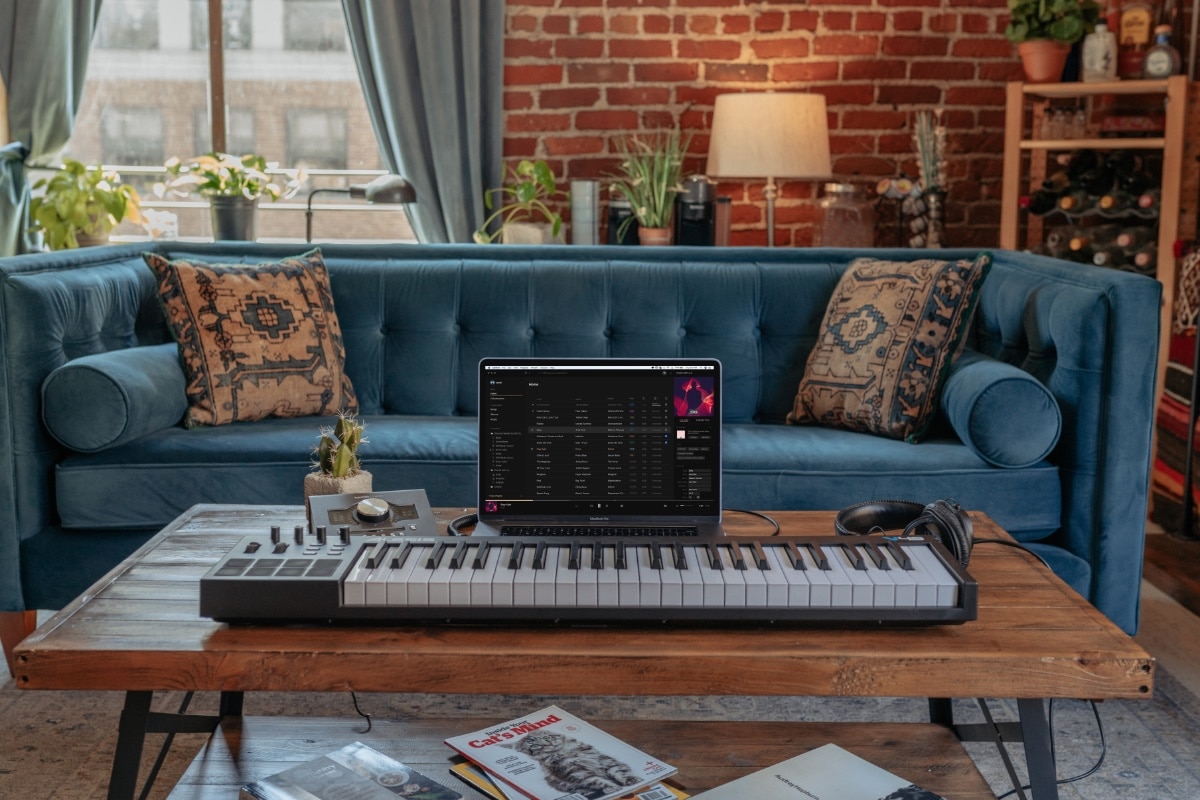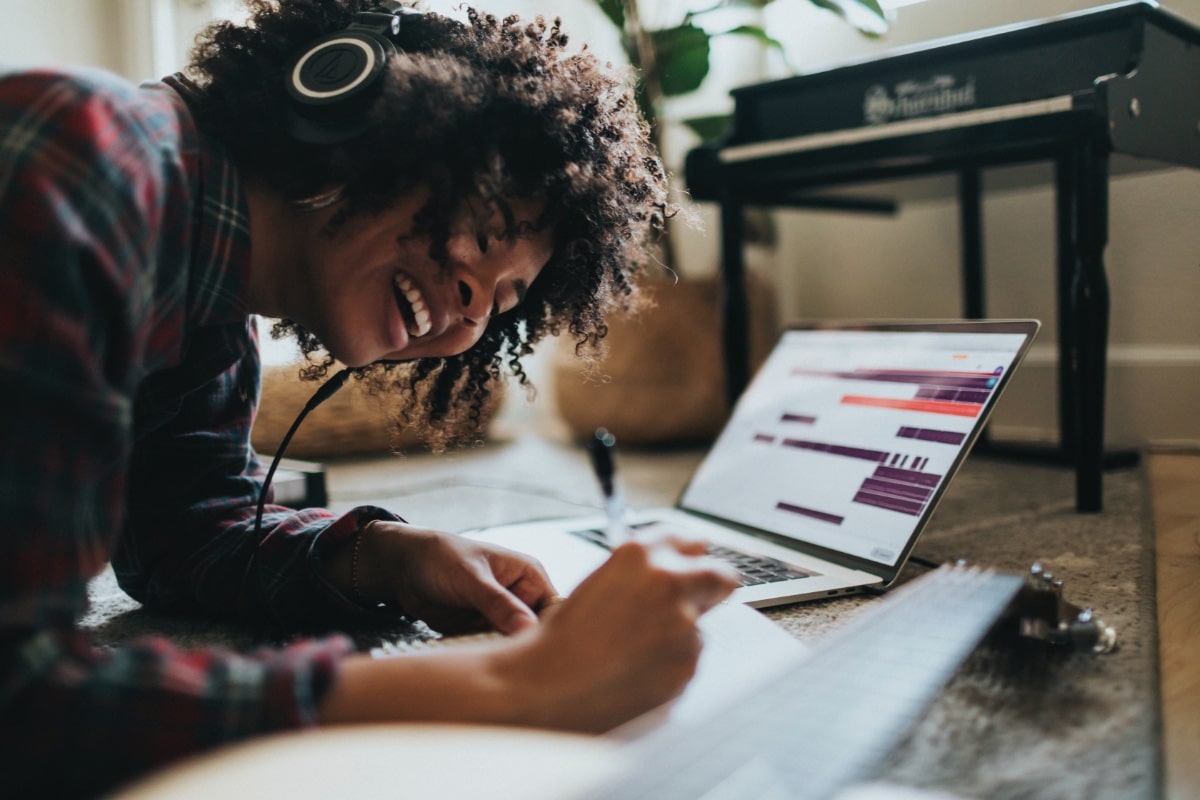For most independent artists busy with creating music and getting it out there in front of people, copyright is an underrated aspect of the rap game that tends to get severely neglected.
Getting your copyright straight should definitely be up there with your publishing and licensing. Just like understanding the music industry thoroughly, music copyright is the difference between long-term commercial success and failure for most people.
Understanding how to go about the copyright process and understanding the vast benefits that it offers should be something that you take very seriously.
Without having your music copyrighted, it’s basically just open for swiping. Since it will be your sole source of income we have to know 100% what the potential chances of the work remaining yours, and only yours, is going to be.
Copyrighting your content
The first thing we have to understand, then, is how to go about copyrighting music. Copyrighting your music should be your undoubted number one priority.
However, this should be the first thing you do before you go out to start offering the music for licensing features. This is the only way to stop your music from being robbed by unscrupulous types.
After all, if you are relying on this to pay the bills then it’s not very bright to let charity begin in such a manner!
The best way to make your music copyrighted is to cut out the nonsense. Some people will record the tune to CD and then mail it to themselves, which creates a kind of dull copyright. However, it’s always better to just go to the US Government and register that copyright yourself. You just need to go to www.copyright.gov and take it from there. You just need to make an eCO account and fill in the details.
Alright, it’s going to cost you money, but so would not protecting your music properly. Always make sure you protect it officially as it’s going to give you total protection from theft, making your music secure.
However, just copyrighting the music is not enough on its own – you need to consider other elements of copyright that can come into play. Whilst not all of these will count for you as an independent artist it is far better to know about them than not.
Remember that you have to copyright the music itself, and the sound recording itself. The composition and the sound itself both need to be copyrighted. This will cost you around $35 but it’s not the end of the world. That $35 could save you thousands in lost revenue.
Understanding copyright contracts
All contracts that you find put in front of you should be ratified by a legal mind long before you pick up a pin and go to sign. Turn to the likes of the Volunteer Lawyers for the Arts if you cannot afford proper legal consultation. There’s no shame in not affording a lawyer – they are super expensive to begin with.
Make sure that all contracts are fully understood before you sign them – you never know what devious plan someone could be signing you up to if you don’t get a proper legal rep to run over what’s on offer.
Trademarking your work
Trademarking is used for lots of different features, such as your brand name or your stage name. You have to first make sure that your stage name is not infringing on any existing trademarks out there.
If it is then you need to change your name – then, you have to trademark your new name. it’s vital that you get this dealt with as soon as you can as a failure to trademark your name can leave an iconic part of your brand open for being ripped off.
Intellectual property infringement
Another problem that artists tend to have is their music being misappropriated. This is a common problem and one you need to look out for. Consider using a tool known as Google Alerts as this can be used to monitor your music online.
Create a new Google account just for your alerts and have it filter through all alerts to a new folder on your normal e-mail address. Now, when you get mentioned online, you will know all about it. This helps you make sure you aren’t being misrepresented or lied about, or your music being falsely discussed.
Using AudioLock to protect you music
One way to help independent artists with their copyright is using a service like AudioLock. Founded in 2010 by former DJ and electronic music producer Ben Rush, AudioLock is a anti-piracy service for music.
The company specialises in the automated removal of infringing music content across sites like Google, Yahoo, SoundCloud, YouTube and plenty more. Audiolock also provides digital watermarking which helps prevent pre-release leaks and detect their origin if distributed.
This allows you to put a musical watermark into your music meaning that people can no longer use parts of the music without your input and your expertise. This means that you can easily make sure that people aren’t just helping themselves to your talents.
If you don’t want to use AudioLock then you can turn to using something else known as Digimarc as well. They more or less do the same job – whilst AudioLock is the more common of the two, you can choose based on features and costing.
Royalty management
The final part that you need to worry about is the use of your royalties. Many people forget to handle this utterly crucial part of their music management.
Protecting your music is vital and you can do this with relative ease by turning to SESAC, ASCAP and BMI as well as SoundExchange.
These are the elite royalties agencies that will run around and make sure you are being suitable paid. This means that your music is no longer just going to be “borrowed” with no money coming back. This empowers you and your wallet, making earning much simpler.
By turning to the power of copyright you can make your business far more powerful, and your reputation as an artist secure.
Now you don’t need to worry about misappropriation of your name, your projects being used without your consent, or people just using your work without every asking you or paying you.
Copyright is a battle and one that can take a lot of time to get to the end of. It just means having to prepare and understand what is waiting ahead for you – by looking at everything we have just discussed, you can hopefully protect your long-term rights as an independent hip hop artist.








